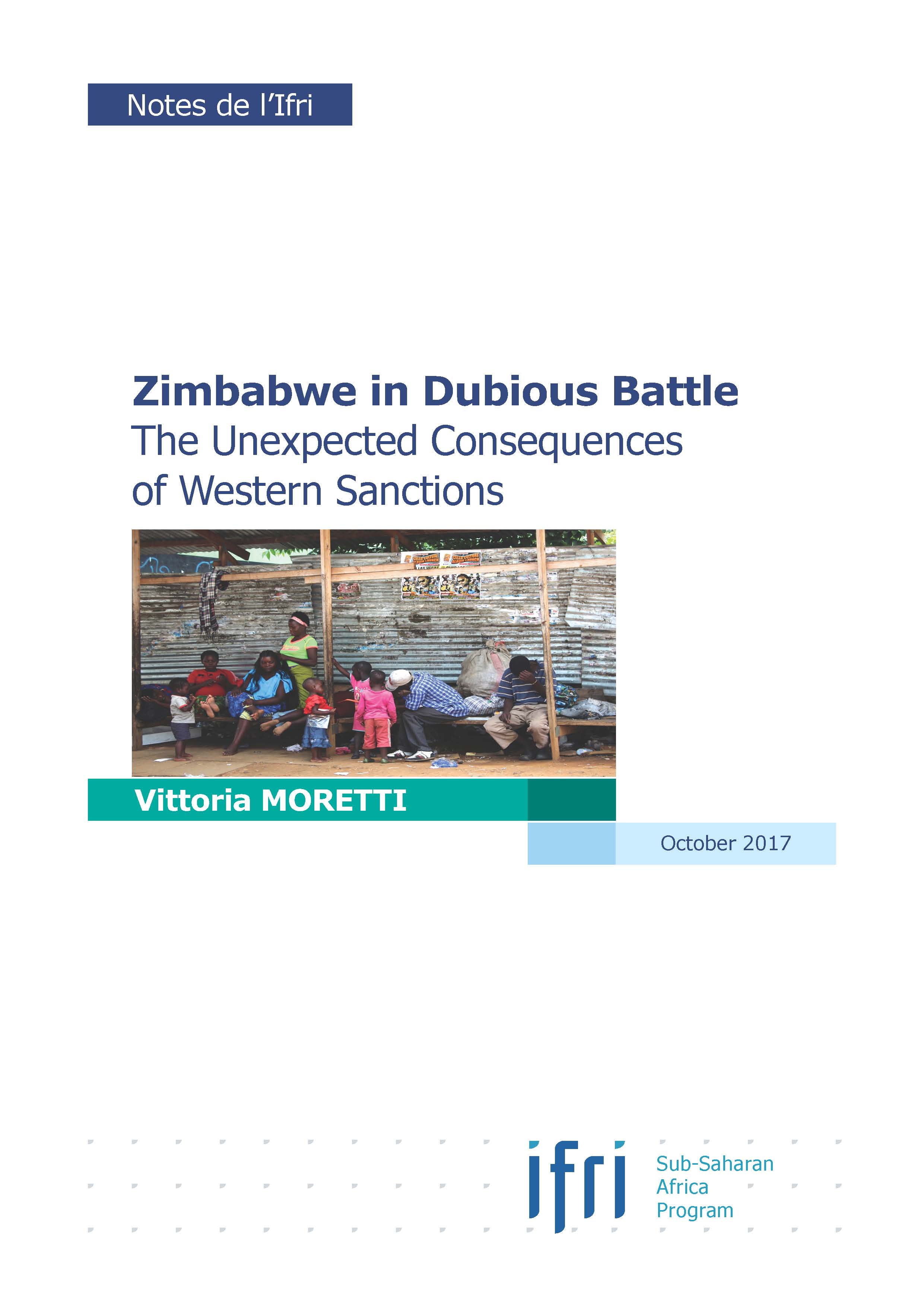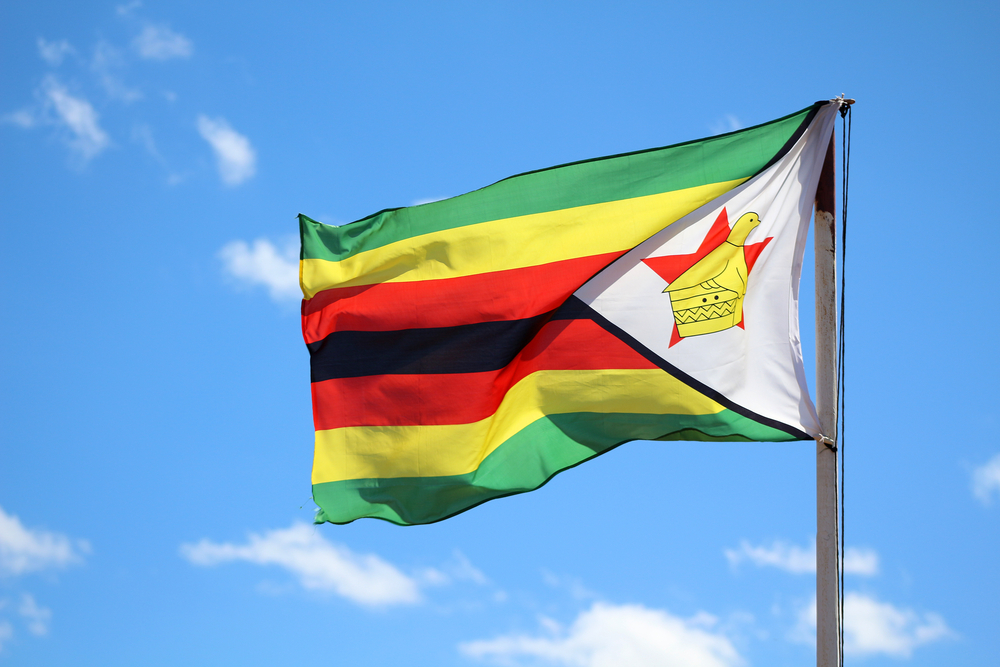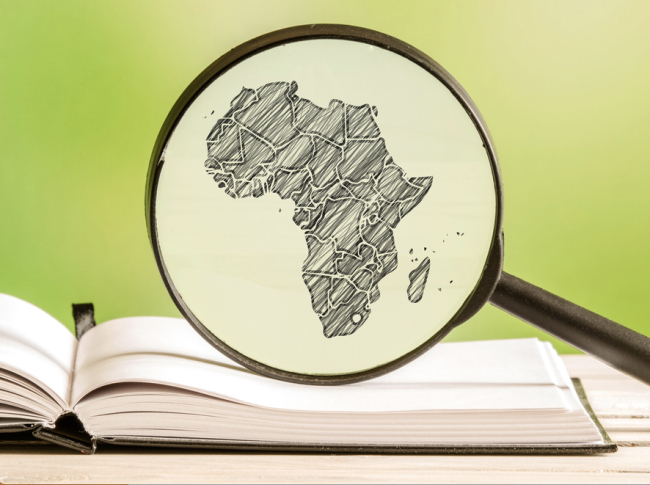Robert Mugabe in Zimbabwe: the Endgame?

The descent into the morass of failure seems relentless for a country that used to be, at the aftermath of its independence in 1980, the “jewel in Africa” to be carefully preserved, as former Tanzanian President Julius Nyerere advised an acclaimed Mugabe ascending into power.

The precipitous economy has sparked growing dissent and anti-government protests in Harare since June 2016, which have flared up all over the country, calling for Mugabe’s ruling party, Zimbabwe African National Union - Patriotic Front (ZANU PF), to step down.
Yet, despite his rapidly deteriorating health conditions and his advanced age, the 92-years-old President seems not having any intention to leave the helm of his sinking ship. He unlashes the heavy-handed Zimbabwe Republic Police (ZRP) against demonstrators and openly threatens judges ruling over the exercise of constitutional rights such as freedom of assembly. The future ahead is filled with uncertainties for Zimbabwe, with a new wave of protests staged by opposition groups calling for electoral reforms, the announced plans to introduce bond notes in October sparking apprehensions from investors and citizens and growing factionalism within ZANU PF. Overall, consensus coalesces around the idea that Zimbabwe is finally entering a new phase of its history; yet, the direction of this transition remains unclear. Much will depend on the power struggle within the ruling party, the cohesion of the opposition and the ability of the international community to seize the moment and re-engage the country in a process of real and meaningful change.
This note provides the historical background of the present crisis; analyses the political dynamics in the ruling party and opposition circles and describes various potential developments from now to the 2018 elections.

Available in:
Regions and themes
Share
Download the full analysis
This page contains only a summary of our work. If you would like to have access to all the information from our research on the subject, you can download the full version in PDF format.
Robert Mugabe in Zimbabwe: the Endgame?
Related centers and programs
Discover our other research centers and programsFind out more
Discover all our analysesGabon: Has an — Almost — Exemplary Transition Produced a New Political Model?
In two rounds of voting, on September 27 and October 11, 2025, the citizens of Gabon elected the members of both their local councils and the new national assembly. This marked almost the final stage of political transition, little more than two years after the coup d’état that had overthrown the more than five decades old dynastic regime of the Bongos — Omar, the father, who died in office in 2009, and then his son Ali, who is now in exile.
Claiming "The People": Youth Booms, Ailing Authoritarians and "Populist" Politics in Kenya, Uganda, and Tanzania
This study analyses the emergence of so-called “populist” political tendencies in three East African countries: Kenya, Uganda and Tanzania. It builds its analysis on a wider discussion of the term “populism”, its use and applicability in (eastern) African settings before going on to examine the drivers of three cases of populism: William Ruto’s 2022 election victory in Kenya and the “Hustler Nation”; Bobi Wine’s opposition to Yoweri Museveni in Uganda; and John Magufuli highly personal style of government in Tanzania.
The Contradictory Impacts of Western Sanctions on Economic Relations between Russia and Sub-Saharan Africa
How does Russia maintain economic ties with Africa despite Western sanctions? An analysis of investments, trade, and the circumvention strategies deployed by Moscow.
The Revenue Sources Sustaining Sudan’s Civil War. Lessons for the year 2023
Wars require money and resources, and often, most conflicts involve controlling sources of income and supply lines or denying them to enemies. This has been the case in Sudan’s past conflicts and is again as the civil war—between the Sudan Armed Forces (SAF), commanded by General Abdelfattah al-Burhan, and the paramilitary Rapid Support Forces (RSF), commanded by General Mohammed Hamdan Daglo “Hemedti” —has sunk into a protracted conflict.









